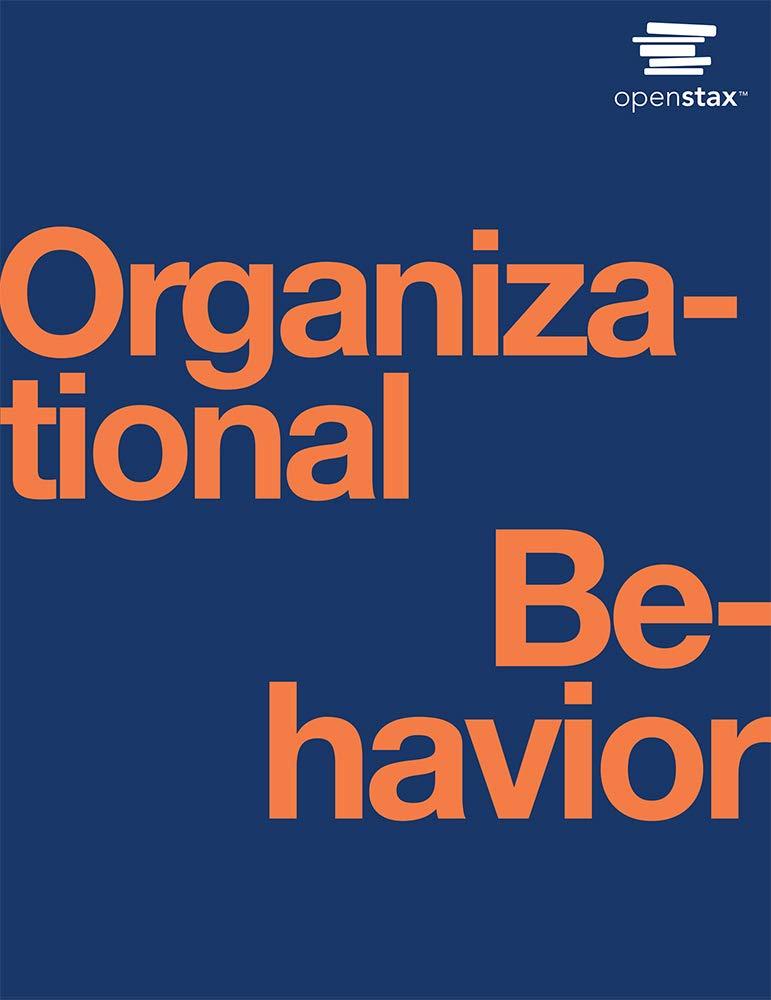There has been a boom in HR technology and innovation over the last several yearsand it is
Question:
There has been a boom in HR technology and innovation over the last several years—and it is making some of the traditional HR systems from last decade seem enormously outdated. Some of the trends that are driving this HR tech innovation include mobile technology, social media, data analytics, and learning management. Human resources professionals need to be aware of some of the key technology innovations that have emerged as a result of these trends because there’s no sign that they will be going away any time soon.
Josh Bersin of Bersin by Deloitte, Deloitte Consulting LLP, wrote about some of these HR technology innovations in his SHRM.org article “9 HR Tech Trends for 2017” (Jan. 2017). One of these technology innovations is the “performance management revolution” and the new focus on managing performance by team and not just by hierarchy. Performance management technologies have become more agile and real time, with built-in pulse surveys and easy goal tracking. Now, instead of the formal, once-a-year process that brings everything to a halt, these performance management technologies allow ongoing, real-time, and dynamic input and tracking of performance data.
Another HR tech trend named is the “rise of people analytics.” Data analytics has become such a huge field, and HR’s adoption of it is no exception. Some disruptive technologies in this area are predictive—they allow analysis of job change data and the prediction of successful versus unsuccessful outcomes. Predictive analytics technologies can also analyze patterns of e-mails and communications for good time-management practices, or to predict where a security leak is likely to occur. One other incredible analytics application consists of a badge that monitors employees’ voices and predicts when an employee is experiencing stress. That is either really cool or really eerie, if you ask me.
The “maturation of the learning market” is a fascinating trend to me, as an HR professional who grew up in the days of multiple in-class trainings and week-long leadership programs. Learning processes have changed greatly with the advent of some of these innovative HR technologies. Although many larger companies have legacy learning management systems (like Cornerstone, Saba, and SuccessFactors), there are many new and competitive options that focus on scaling video learning to the entire organization. The shift has gone from learning management to learning—with the ability to not only register and track courses online, but to take courses online. Many companies are realizing that these YouTube-like learning applications are a great complement to their existing learning systems, and it is predicted that the demand will continue to grow.
Other trends of note include technologies that manage the contingent workforce, manage wellness, and automate HR processes via artificial intelligence. It is amazing to think about so many interesting and innovative technologies that are being designed for Human Resources. The investment in human capital is one of the most critical investments that a company makes, and it is refreshing to see that this level of innovation is being created to manage, engage, and develop this investment.
Discussion Questions
1. How does real-time performance management compare to the traditional annual performance process? How can a real-time process help an employee be more effective? What are some potential drawbacks?
2. Why do you think learning systems evolved in this way? Is there still a place for group classroom training? What types of learning might require classroom training, and what is better suited for online and YouTube-style learning?
Step by Step Answer:






